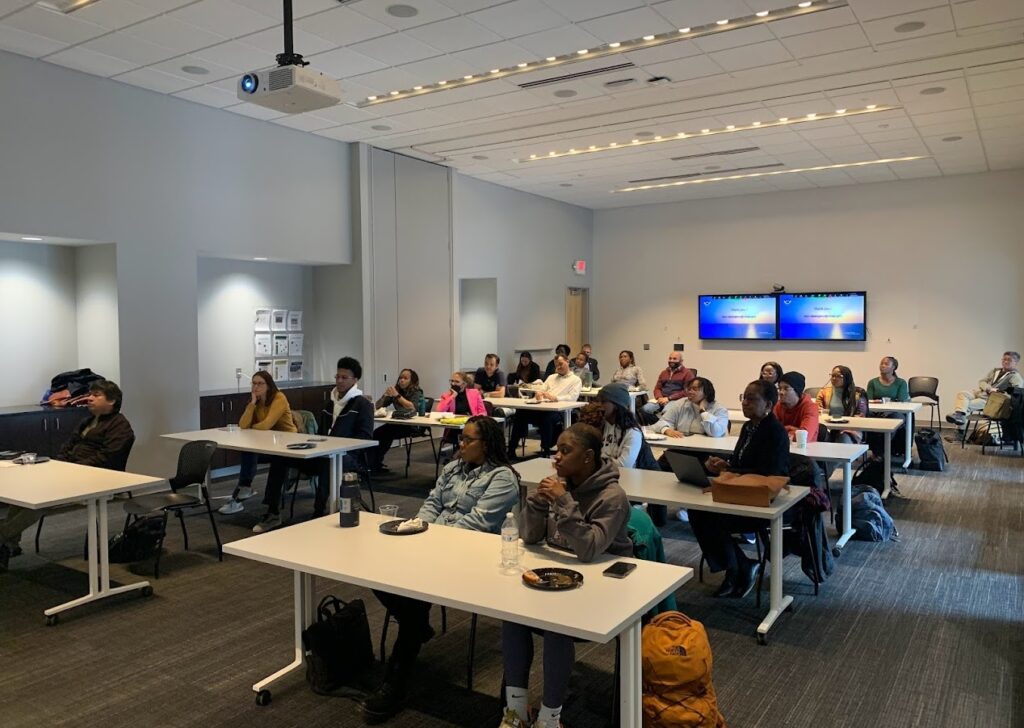NCAS-M and CESSRST
Joint Collaborative Research and Development Project
PBL within an Urban/Suburban Environment
Howard University Beltsville Campus
From July 21st to August 3rd, 2025

Project Scope:
1) Focus is a regional east-coast urban corridor validation system for TEMPO/GOES-R underpinned by local/regional ground-based observations collected by CESSRST-II and NCAS-M-II and local/regional campaign data (e.g., AEROMMA, CUPIDS). Include validation with polar orbiting satellites JPSS, VIIRS, OMPS, and comparisons to NOAA weather and air quality forecasts (e.g. NCEP NAQFC)
2) Develop a sustained cooperation (with funding) with NESDIS, OAR, and NWS. The major beneficiaries are NESDIS and NWS for empowering the use of CESSRST/NCAS-M unique observations to validate satellite atmospheric composition products and verify air quality forecasts (which is a requirement of both NESDIS and NWS). Supports OAR in conducting research to better understand differences. And it supports NOAA’s social science efforts to communicate impacts through the visualizations the validation system will provide.
3) System will include end-to-end project management components using NESDIS best practices – including project plan, preliminary and critical design reviews, data management plan, and algorithm and system readiness reviews.
4)Amplify the CESSRST II and NCAS-M II student-focused STEM workforce training/efficacy with unique observations, data analytics/statistics of air quality and climate data, symposia/conference presentations, and publications.
Benefits:
– JCRDP will develop an atmospheric air quality validation system by leveraging NOAA/partner, CESSRST II and NCAS-M II observing systems, which include radiosondes, lidars, doppler radar, flux towers, microwave profilers, Aeronet and Pandora observations, and Meteorological Stations.
– The validation system (with associated elements – data plan, data collection, collocations, statistical analysis, and website) will be developed collaboratively with CESSRST II and NCAS-M researchers and students together with NWS, NESDIS and OAR subject matter experts and under the oversight of the JCRDP advisory board.
– Provide EPP/MSI CSC cohort students, postdocs and CSC affiliated faculty with experiential learning and collaborative opportunities in NOAA mission-aligned STEM and Social Sciences for students and postdocs to become NOAA workforce ready and address emerging air quality, climate change, and meteorological challenges and related human- and ecosystem- health issues.
